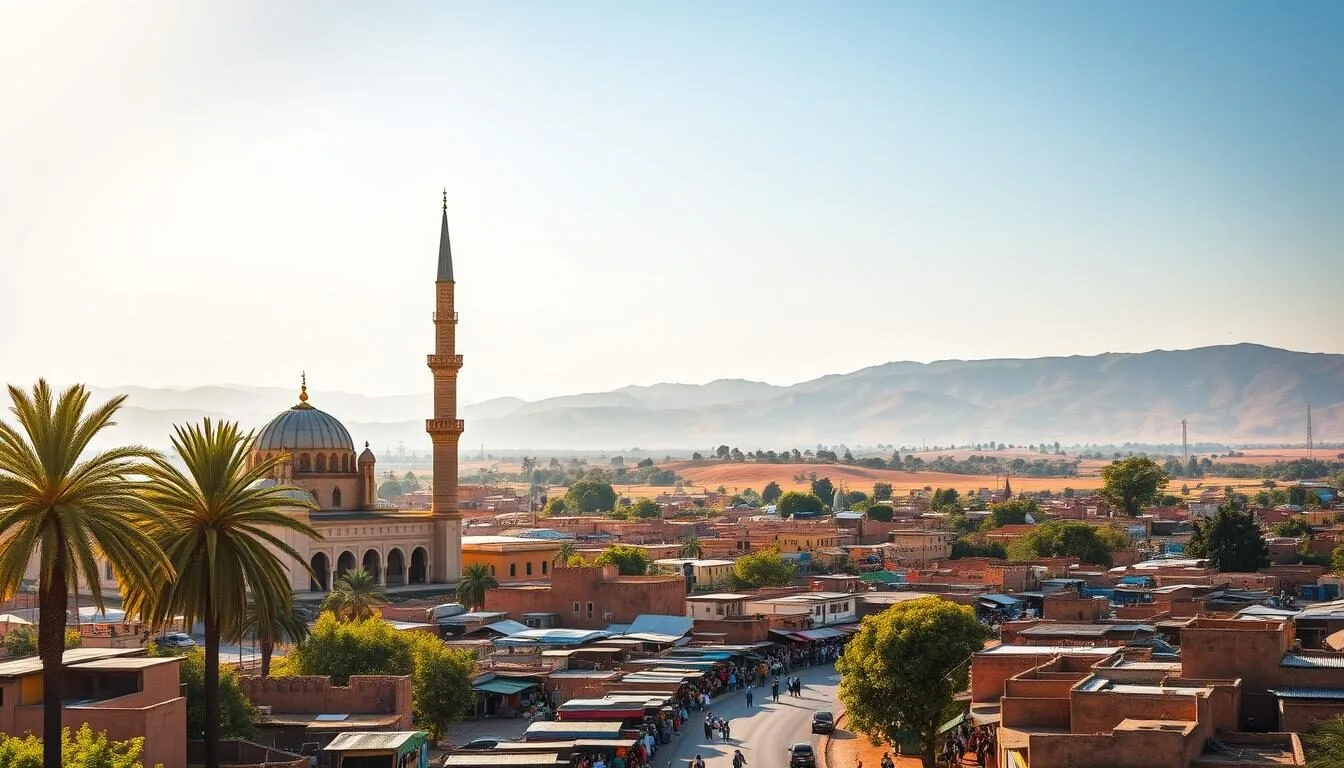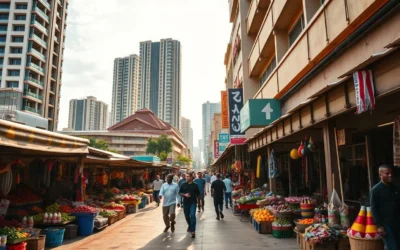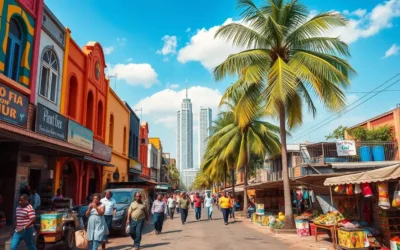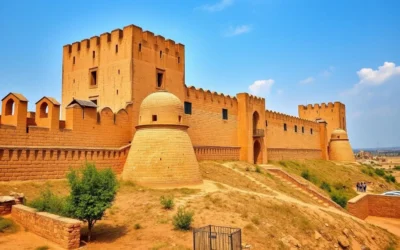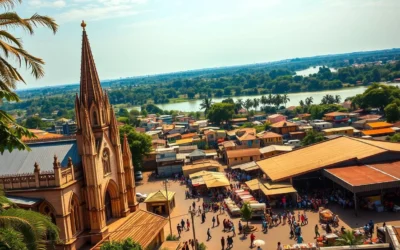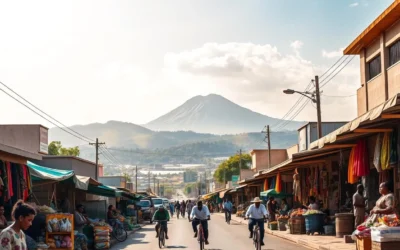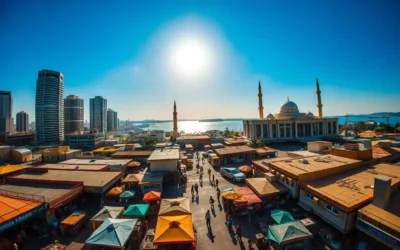Located in northwestern Nigeria, Sokoto is a city that offers a unique blend of historical significance, cultural richness, and natural beauty, making it a compelling destination for travelers.
As the seat of the Sultan of Sokoto, the spiritual leader of Nigerian Muslims, the city holds immense religious and historical importance in West Africa. You’ll discover a wealth of attractions ranging from ancient palaces and mosques to vibrant markets and natural landscapes that showcase the region’s diverse heritage.
This comprehensive guide will walk you through the best experiences the city has to offer, from must-visit historical sites to outdoor adventures and culinary delights, ensuring you make the most of your visit.
Discovering Sokoto: Nigeria’s Historical Gem
As you step into Sokoto, you’re immediately enveloped in the city’s profound historical significance. This city is one of Nigeria’s most historically significant, having served as the capital of the Sokoto Caliphate in the early 19th century. The cultural landscape of Sokoto reflects a blend of Islamic scholarship, Fulani traditions, and various ethnic influences.
The city’s architecture is a unique blend of traditional and Islamic design elements. Sokoto’s historical significance extends beyond Nigeria, influencing much of West Africa’s development. Today, it remains a cultural and religious hub, embracing modern development while preserving its rich heritage and history.
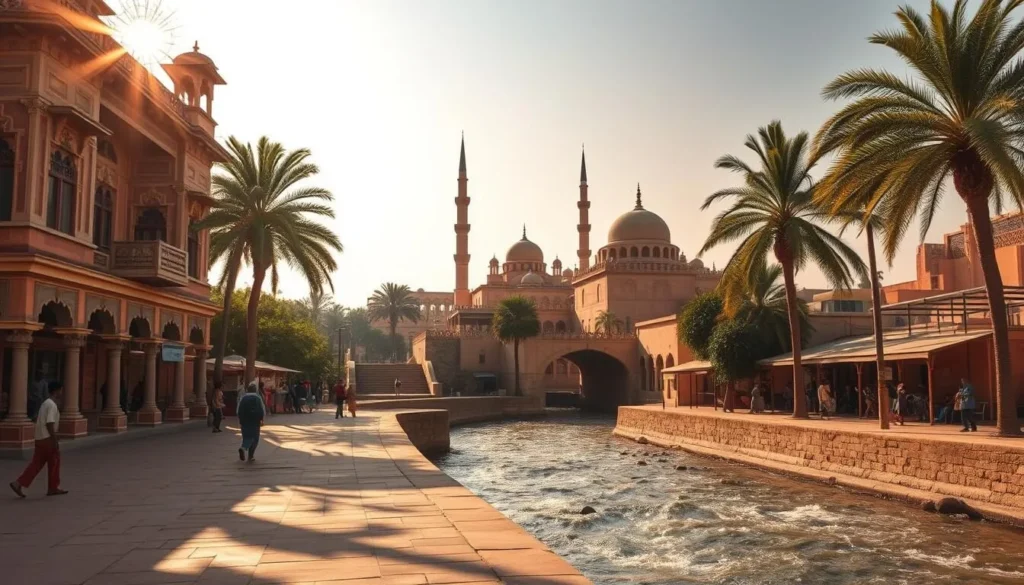
Best Time to Visit Sokoto
Understanding Sokoto’s seasonal weather patterns is key to planning a comfortable trip. The city’s climate is characterized by three distinct seasons.
Dry Season (November to March)
The dry season brings relatively mild temperatures and low humidity, making it ideal for tourism. You can enjoy outdoor activities without the discomfort of extreme heat or rain.
Hot Season (April to June)
Temperatures soar during the hot season, with high temperatures being the norm. It’s essential to stay hydrated and plan indoor activities during the peak heat.
Rainy Season (July to October)
The rainy season transforms Sokoto’s landscape into a lush, green scenery. Although it brings heavy rainfall and high humidity, it’s a unique time to witness the region’s ecology and agricultural practices. 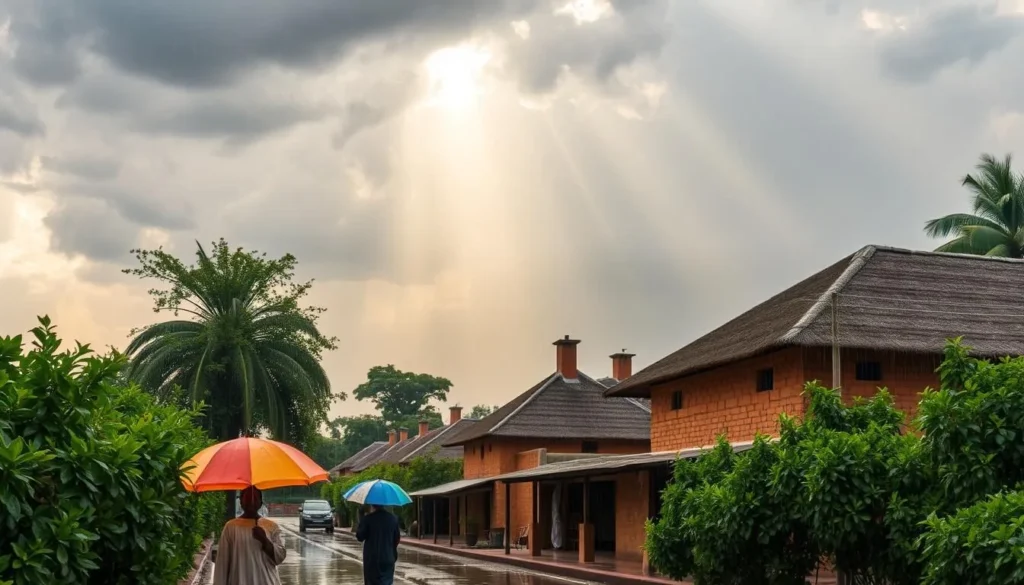
How to Get to Sokoto
Sokoto is accessible by air and road, offering flexibility for travelers. Whether you’re coming from within Nigeria or from abroad, there are multiple options to suit your needs.
Sultan Abubakar III International Airport

The Sultan Abubakar III International Airport is a key entry point for travelers flying into Sokoto. You can book flights to Sokoto, Nigeria through various airlines, making it relatively easy to plan your trip.
Other Transportation Options
For those preferring or unable to fly, other transportation options are available. Buses and shared taxis connect Sokoto with major cities like Kano, Kaduna, and Abuja, offering an economical though sometimes lengthy travel option.
- Long-distance buses provide a cost-effective way to reach Sokoto from cities like Kano (5-6 hours), Kaduna (7-8 hours), and Abuja (10-12 hours).
- Shared taxis and minivans offer another alternative, often departing when full.
- Private car hire services are available for a more comfortable and flexible journey.
- The road journey offers glimpses of rural Nigerian life, though conditions can vary, especially during the rainy season.
- For international travelers, border crossings with Niger Republic are an option, but require thorough research on visa requirements.
Historical Sites in Sokoto
Sokoto’s historical sites are a testament to its rich past, offering a glimpse into the city’s cultural and religious heritage. As you explore these sites, you’ll gain a deeper understanding of the city’s significance.
Sultan of Sokoto Palace
The Sultan of Sokoto Palace is a significant historical landmark, serving as the official residence of the Sultan of Sokoto.
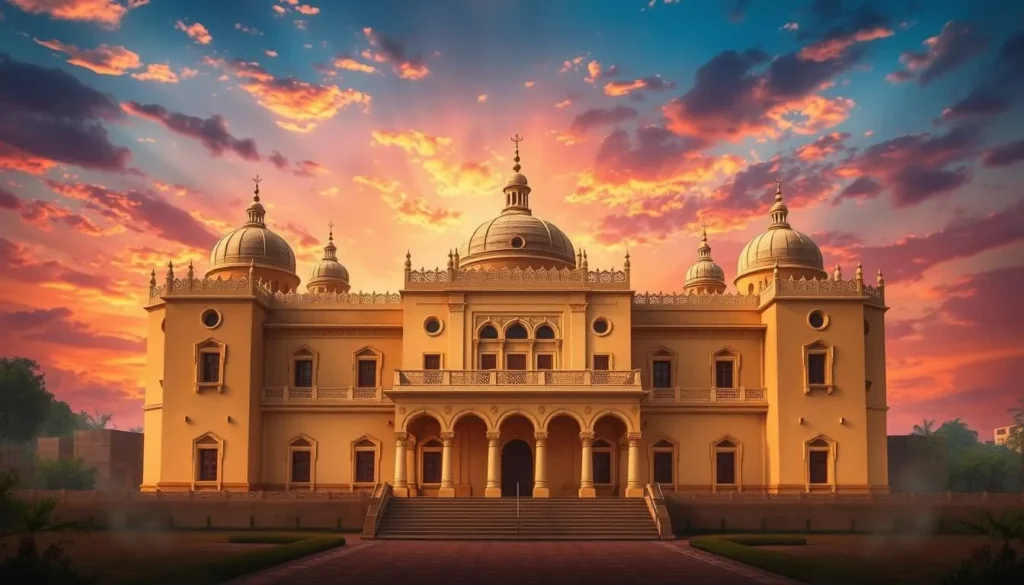
Tomb of Usman Dan Fodio
The Tomb of Usman Dan Fodio is a revered site, honoring the founder of the Sokoto Caliphate.
Waziri Junaidu History and Culture Bureau
The Waziri Junaidu History and Culture Bureau is a treasure trove of historical documents and artifacts related to the Sokoto Caliphate. The bureau functions as both an archive and museum, housing an impressive collection of historical manuscripts, documents, and artifacts that chronicle the Sokoto Caliphate’s development.
- Rare Arabic and Ajami manuscripts written by Usman dan Fodio and other Sokoto scholars offer insight into the intellectual traditions that flourished in this center of Islamic learning.
- The bureau serves as an important research center where scholars study the caliphate’s administrative systems, judicial practices, and religious teachings.
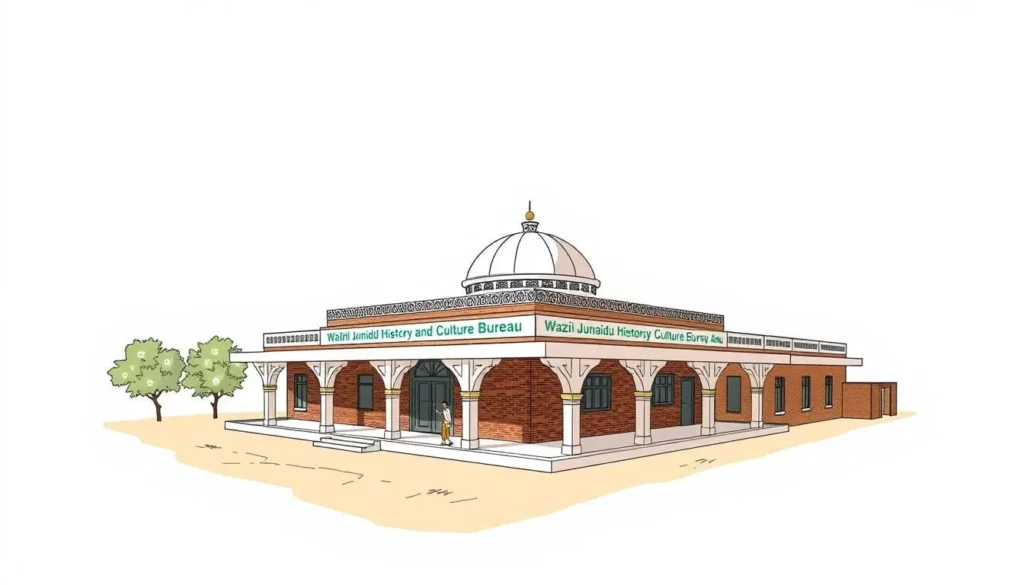
Religious and Cultural Landmarks
As you explore Sokoto, you’ll discover a wealth of religious and cultural landmarks that define the city’s identity. These sites not only reflect the city’s rich history but also its vibrant cultural heritage.
Sultan Bello Mosque
The Sultan Bello Mosque is a significant religious landmark in Sokoto. It is known for its impressive architecture and historical importance. The mosque is a place where you can observe traditional Islamic practices and experience the local culture.
Sokoto Central Mosque
The Sokoto Central Mosque is the main mosque in the city, located near the Sultan’s Palace. It features impressive Islamic architecture and can accommodate thousands of worshippers. Some of its notable features include:
- Strategic location near the Sultan’s Palace, emphasizing the connection between spiritual and temporal authority.
- Impressive scale and architectural beauty, with distinctive domes and minarets.
- Vibrant atmosphere during major Islamic festivals like Eid al-Fitr and Eid al-Adha.
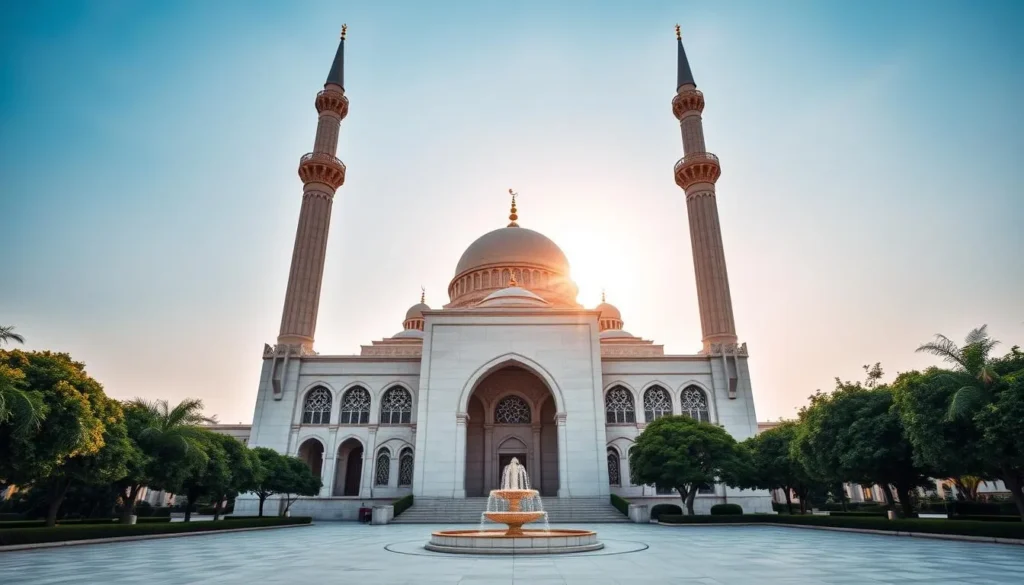
The mosque’s interior features beautiful calligraphy and geometric patterns, reflecting both religious devotion and artistic excellence. Visitors are advised to dress modestly and be mindful of prayer times.
| Landmark | Significance | Features |
|---|---|---|
| Sultan Bello Mosque | Historical and religious importance | Impressive architecture |
| Sokoto Central Mosque | Main mosque in Sokoto | Islamic architecture, large capacity |
Sokoto, Nigeria: Best Things to Do – Top Picks
Sokoto, a city rich in history and culture, offers a variety of top picks for visitors. When you visit Sokoto, you’ll find that the city is home to several attractions that are worth exploring.
Sokoto Museum
The Sokoto Museum is a must-visit attraction that provides insight into the city’s rich history and cultural heritage. To plan your visit, you can inquire about Sokoto Museum tickets.
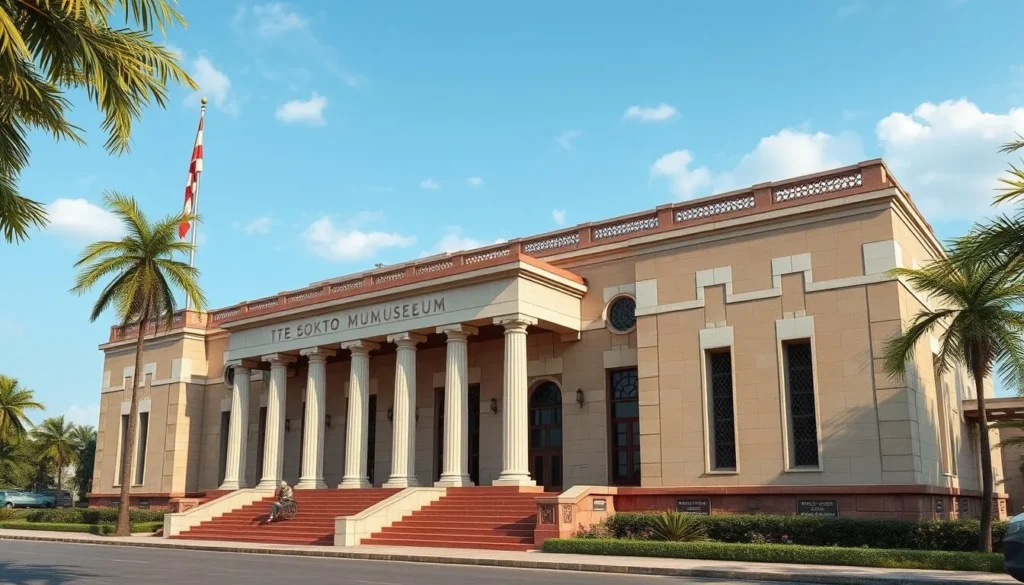
Goronyo Dam
The Goronyo Dam is another significant landmark that showcases the region’s engineering feats. It plays a crucial role in the local ecosystem and economy.
Sokoto Lake
Sokoto Lake, also known as Kware Lake, is a natural lake near Sokoto city, known for its salt deposits and traditional salt processing activities. When you visit Sokoto, you’ll find that Sokoto Lake offers a fascinating glimpse into traditional industries.
- The lake’s unique mineral composition creates natural salt deposits harvested using time-honored techniques.
- Visitors can observe local salt extraction methods practiced for generations.
Shopping and Local Markets
When visiting Sokoto, you’ll discover a rich shopping culture that reflects the city’s heritage. The city is renowned for its traditional crafts and vibrant markets.
Sokoto Central Market
Sokoto Central Market is a bustling hub where you can find a wide range of local goods. The market offers an array of products, from leather crafts to traditional textiles, giving you a glimpse into the city’s artisanal traditions.
Local Crafts and Souvenirs
Sokoto offers a rich tradition of craftsmanship that you’ll find reflected in its diverse array of handmade products. The city’s leatherworkers are particularly skilled, creating vibrantly dyed goatskin products using centuries-old techniques.
Outdoor Activities and Nature
The region around Sokoto is rich in natural beauty, providing numerous opportunities for outdoor enthusiasts. You can explore various activities that allow you to experience the unique landscapes and wildlife of this Nigerian region.
Hiking Trails Around Sokoto

Sokoto offers scenic hiking trails that allow you to explore the local terrain and enjoy the natural surroundings. These trails provide a great way to experience the region’s beauty up close.
Sokoto Polo and Equestrian Club
The Sokoto Polo and Equestrian Club is a hub for horse riding and polo enthusiasts. You can enjoy horseback riding and learn about the equestrian culture in the region.
Wildlife Viewing Opportunities
The region around Sokoto offers surprising wildlife viewing opportunities, particularly for bird enthusiasts. Water bodies like Goronyo Dam and Sokoto Lake attract diverse avian species, making them ideal spots for bird watching.
Where to Stay in Sokoto
From luxury hotels to budget-friendly guesthouses, Sokoto has a range of options for travelers. Whether you’re looking for a place to rest after exploring historical sites or need a comfortable stay while enjoying the local culture, Sokoto’s accommodations have got you covered.
Best Hotels and Accommodations

If you’re looking for premium accommodations, Sokoto offers several high-quality hotels that provide excellent service and amenities. These hotels are equipped with modern facilities, including comfortable rooms, fitness centers, and restaurants serving local and international cuisine.
Budget-Friendly Options
For travelers on a tighter budget, Sokoto has numerous guesthouses and budget hotels that offer basic but clean facilities at affordable rates, typically ranging from $15-30 per night. These budget-friendly options are ideal for those who want to experience the local culture without breaking the bank.
- If you’re looking for more economical accommodations, Sokoto offers numerous guesthouses and budget hotels.
- Many budget accommodations are family-owned, providing a personal experience and insider tips.
Culinary Experiences in Sokoto
Sokoto’s culinary experiences offer a delicious journey through traditional dishes, vibrant markets, and street food delights. As you explore the city, you’ll discover that food plays a significant role in daily life and is often at the center of social gatherings and cultural events.
Traditional Sokoto Dishes
Traditional Sokoto cuisine is known for its rich flavors and hearty dishes. Some must-try meals include Kilishi, a spiced dried meat, and various stews made with locally sourced ingredients.
Best Restaurants and Eateries
Sokoto is home to a variety of restaurants and eateries serving both local and international cuisine. Visitors can enjoy meals at establishments that offer a blend of traditional flavors and modern dining experiences, making dining out a form of entertainment.
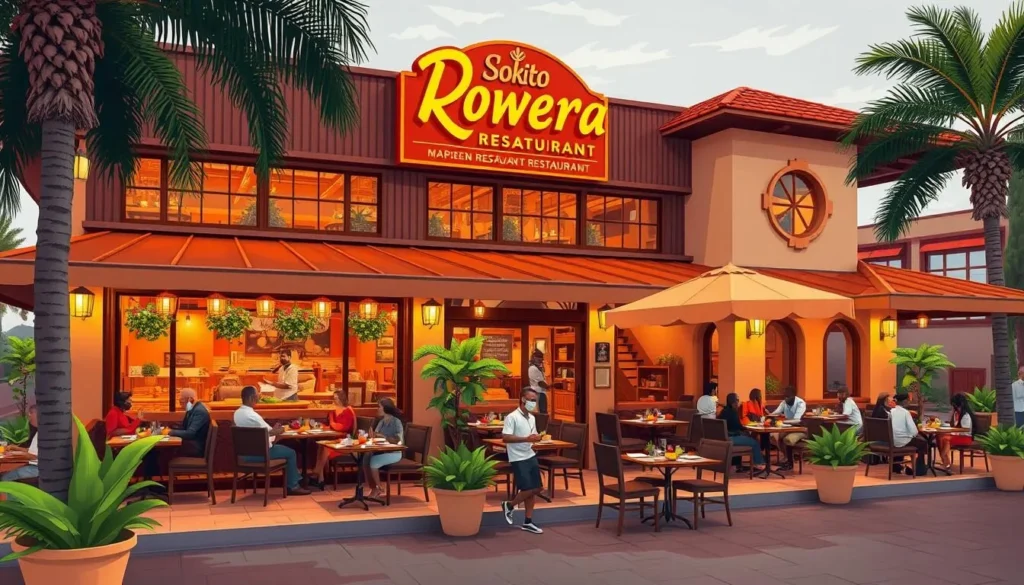
Street Food Must-Tries
The street food scene in Sokoto is vibrant, with popular items like Kosai (bean cakes), Masa (rice cakes), and grilled meats. These dishes are not only delicious but also provide a glimpse into the local way of life.
Cultural Etiquette and Tips
As you prepare to visit Sokoto, understanding the local culture and safety guidelines is crucial for a respectful and enjoyable trip. When visiting Sokoto, being mindful of the local customs and traditions will enhance your experience and interactions with the community.
Respecting Local Customs
To respect local customs in Sokoto, dress modestly, especially when visiting religious sites. The local culture is deeply rooted in Islamic traditions, so it’s advisable to avoid public displays of affection and to remove your shoes when entering mosques or homes. Being aware of these customs will help you navigate social situations with ease and respect.
Safety Tips for Visitors
When traveling to Sokoto, it’s essential to stay informed about the local security situation. Here are some safety tips to consider:
- Stay updated with the latest travel advisories from your government.
- Register with your embassy or consulate upon arrival.
- Avoid displaying valuable items in public.
- Consider hiring a local guide for better navigation and cultural insight.
- Be cautious when taking photos, especially near sensitive locations.
By following these guidelines, you can have a safe and enriching experience in Sokoto as part of yourtravel guide.
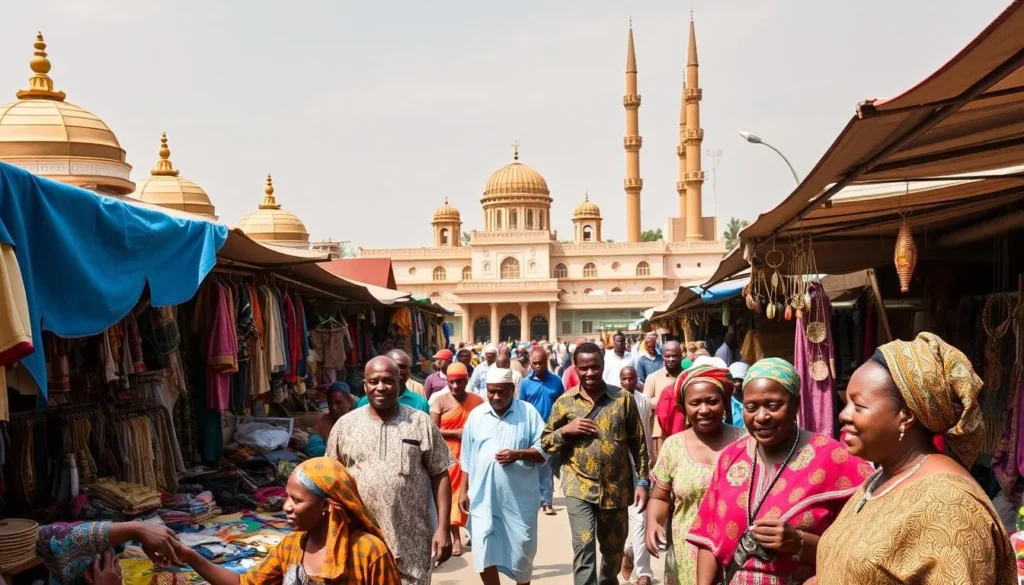
Conclusion
Visitors to Nigeria should not miss the opportunity to experience the best things to do in Sokoto, a historic city with many cultural attractions.
Sokoto offers a unique blend of culture, history, and modern experiences, making it an ideal destination for travelers seeking an authentic Nigerian experience.
